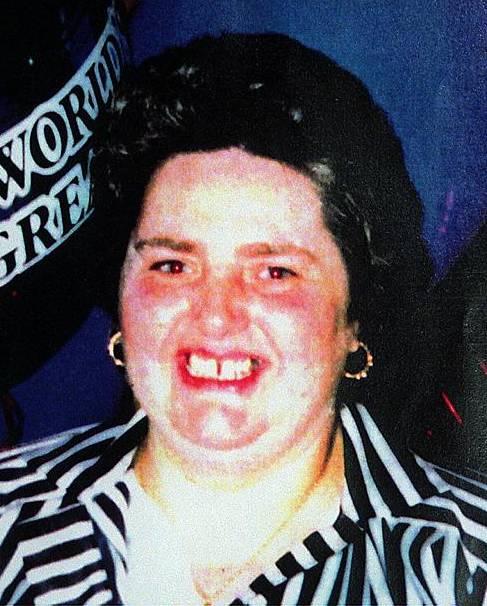Murderer loses court bid
Date published: 28 July 2009
A two-timing killer from Grasscroft who slaughtered and dismembered his lover and encased her head in a concrete block, still protests his innocence — and is planning an appeal, a top judge heard yesterday.
But Kenneth Peatfield failed to convince Judge John Howell QC that his continued denials are being held against him — or that he should be given a more comfortable time behind bars.
Greed-driven Peatfield was convicted of the murder of Sheffield businesswoman, Susan Craven, at the city’s crown court in March, 1999 and jailed for life.
Prosecutors said he had killed her for her money and to replace her with his new girlfriend.
Mrs Craven had made a will in Peatfield’s favour and was expecting a lump-sum divorce settlement from her wealthy ex-husband when she disappeared in March 1998.
Peatfield said she had left him, but her blood was found in the house and he was charged with murder.
In April 1998 Mrs Craven’s head was found in a concrete block in the house’s garage. The rest of her body has never been recovered.
Peatfield had a previous conviction, in 1984, for soliciting to murder his wife and 10-year-old daughter, for which he was handed a 10-year jail term.
He had paid two men to kill them, but they went to the police instead.
Despite all that, his barrister, Leonie Hirst, told London’s High Court that Peatfield has always protested his innocence and is planning to challenge his conviction at the Court of Appeal.
She added his behaviour had been exemplary at Leicester’s Gartree Prison, where he now enjoys enhanced prisoner status and is allowed to work in the prison officer’s mess.
Miss Hirst argued it was irrational and unfair that, despite his good behaviour, Peatfield has been kept as a medium security, Category B, prisoner, rather than being downgraded to the more comfortable Category C, from which the next step would be an open jail.
His refusal to accept his guilt of Mrs Craven’s murder — or that he has any tendency for domestic violence — meant he had been deemed unsuitable for several courses designed to address his offending behaviour, she added.
However, rejecting his judicial review challenge, Judge Howell said that, while accepting that the threat Peatfield poses to the public as a whole is low, the prison authorities had assessed him as still posing a high risk to adults and children that are known to him.
The judge said it was not reasonably arguable that a proper risk assessment had not been carried out in his case.
Peatfield has been told that he must serve a minimum of 18 years behind bars for his crime and that means he can have no hope of release until April, 2016.
However, if his security rating is not downgraded before then, to the point where he is considered safe to move to an open prison, he is likely to remain behind bars long beyond that date and may even die in prison.
The judge who jailed Peatfield for life in 1999, Mr Justice Bell, later said: “I doubt that it will ever be safe to release him”.
Most Viewed News Stories
- 1You can score free tickets to a Latics game while supporting Dr Kershaw’s Hospice
- 2Primary school in Uppermill considers introducing new ‘faith-based’ entry criteria to tackle...
- 3Public inquiry announced into rail upgrade that could leave villages ‘cut off’ for months
- 4Tributes paid following death of hugely respected Oldham community figure Dale Harris
- 5Trio arrested, drugs and weapons seized following Chadderton raid





